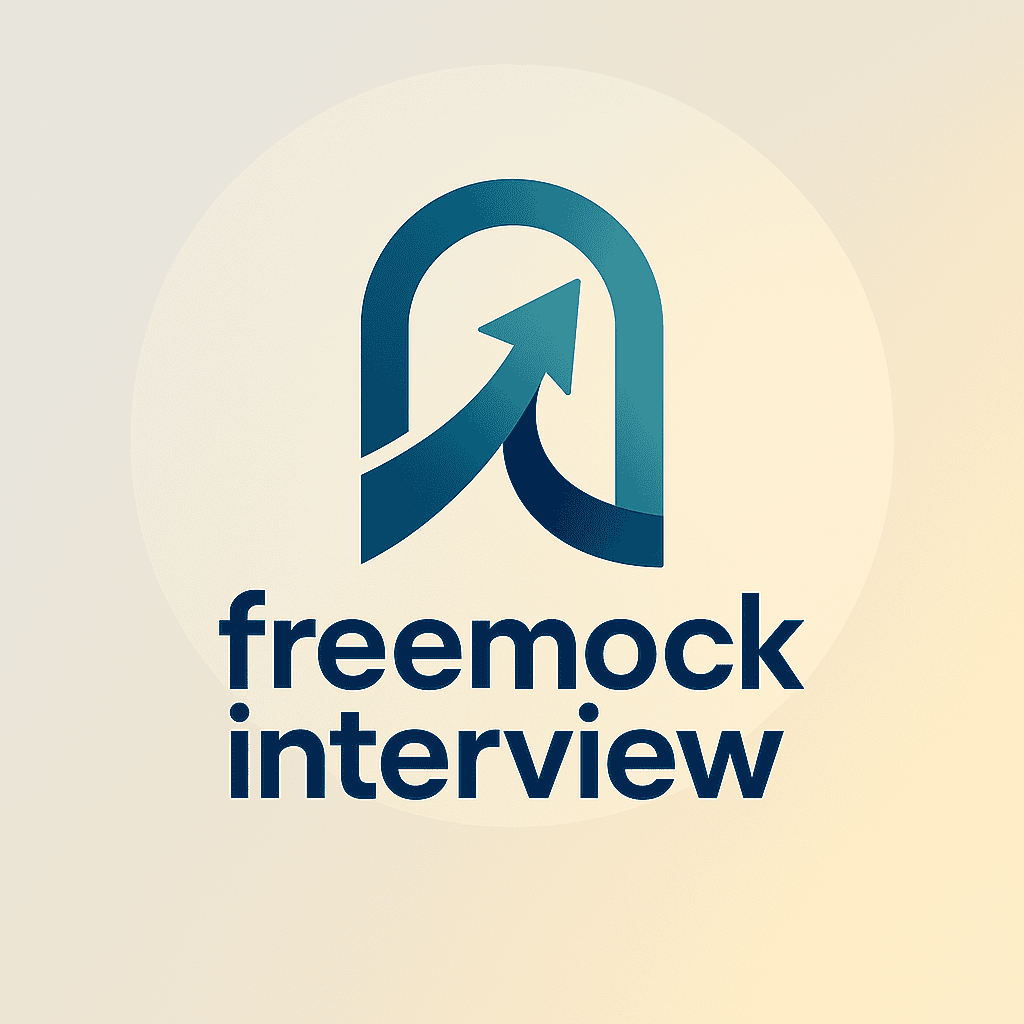How many times should I practice before a real interview?
We recommend practicing at least 5-10 mock interviews before your actual interview. Focus on different question types: behavioral, technical, situational, and role-specific questions. Each practice session should last 30-45 minutes. The more you practice, the more confident and natural you'll become. Studies show that candidates who complete multiple mock interviews report 60-70% higher confidence levels.
What's the difference between behavioral and situational questions?
Behavioral questions ask about past experiences ("Tell me about a time when...") and are based on the premise that past behavior predicts future behavior. Situational questions present hypothetical scenarios ("What would you do if...") to assess problem-solving and decision-making skills. Both require structured, thoughtful responses using frameworks like STAR method.
How do I handle questions I don't know the answer to?
Be honest but demonstrate problem-solving ability. Never try to fake knowledge. Instead, say: "That's a great question. While I haven't encountered that exact situation, here's how I would approach it based on similar experiences..." Then walk through your thought process, showing analytical thinking, willingness to learn, and ability to break down problems logically.
Should I memorize my answers?
No. Memorization makes you sound robotic and inflexible. Instead, prepare key talking points and 5-7 versatile stories/examples. Practice the structure and flow using STAR method, not word-for-word scripts. Your answers should feel conversational and natural, allowing you to adapt based on the interviewer's follow-up questions.
How long should my answers be?
Most answers should be 1.5-3 minutes. For "Tell me about yourself," aim for 60-90 seconds. For behavioral questions using STAR method, 2-3 minutes is ideal. Watch for interviewer cues - if they seem engaged, you can provide more detail. If they look impatient, wrap up concisely. Practice timing your responses to avoid rambling or being too brief.
What if I get nervous during the interview?
Nervousness is completely normal! Strategies to manage it:
- Before: Deep breathing exercises, power poses, positive visualization
- During: Take a moment to think before answering, sip water, focus on conversation not interrogation
- Practice: The more mock interviews you do, the more comfortable you'll become
- Remember: Interviewers expect some nervousness and often see it as genuine enthusiasm
How do I prepare for technical interviews?
Technical interview preparation requires different strategies:
- Coding: Practice on platforms like LeetCode, HackerRank, CodeSignal
- System Design: Study scalability, database design, architecture patterns
- Domain Knowledge: Review fundamentals in your field (algorithms, data structures, frameworks)
- Communication: Practice explaining your thought process out loud
- Use our tool for the behavioral portion, then supplement with technical practice platforms
What should I wear for a virtual interview?
Dress professionally from head to toe (even if only top half is visible) as it affects your mindset and confidence. Guidelines:
- Corporate/Finance: Business formal (suit, tie, professional dress)
- Tech/Startups: Business casual (button-up shirt, blouse, no t-shirts)
- Creative Fields: Polished but can show personality
- Rule: Dress one level more formal than company culture
- Avoid patterns that create visual noise on camera, choose solid colors
How soon should I follow up after an interview?
Send a thank-you email within 24 hours of your interview. Keep it concise (3-4 paragraphs):
- Express gratitude for their time
- Reiterate your interest in the position
- Mention a specific topic discussed to personalize
- Briefly reinforce why you're a great fit
If you don't hear back by their stated timeline, follow up politely after 5-7 business days.
What are the biggest interview mistakes to avoid?
Top mistakes that hurt candidates:
- ❌ Arriving late or unprepared (research company thoroughly)
- ❌ Badmouthing previous employers
- ❌ Not preparing examples/stories in advance
- ❌ Failing to ask questions (shows lack of interest)
- ❌ Being too generic (not tailoring answers to specific company/role)
- ❌ Poor body language (slouching, avoiding eye contact)
- ❌ Rambling without structure (use STAR method)
- ❌ Not following up after the interview
How can I make my answers stand out?
Differentiate yourself with these strategies:
- Use specific metrics: "Increased sales by 35%" vs "Improved sales"
- Tell compelling stories: Make examples memorable with details
- Show passion: Let genuine enthusiasm come through
- Demonstrate research: Reference specific company initiatives
- Ask thoughtful questions: Show strategic thinking
- Relate everything to value: Connect skills to business impact
Is it okay to use the same story for multiple questions?
Yes, but adapt it! A good story can demonstrate multiple competencies (leadership, problem-solving, teamwork). The key is to emphasize different aspects based on the question. For example, the same project could illustrate:
- "Tell me about a challenge" - Focus on the obstacle and solution
- "Describe teamwork" - Emphasize collaboration and communication
- "Show leadership" - Highlight your decision-making and influence
Prepare 5-7 versatile stories that can serve multiple purposes.
